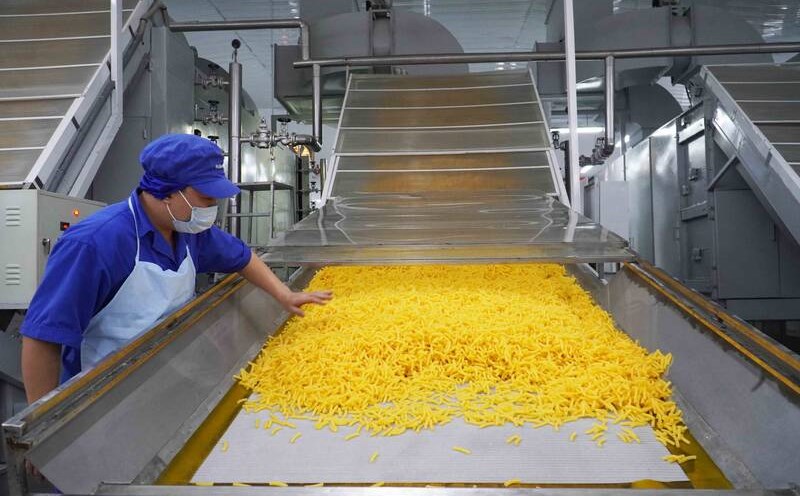On June 17, in Hanoi, more than 100 speakers representing international financial management agencies, organizations, investors and private enterprises participated in the seminar "Exercising ESG in real estate in Vietnam - Opportunities and Sustainable financial solutions".
According to the Vietnam Green Building Council (VGBC), and organized GRESB, ESG, abbreviated as Environmental, Social, and Governance. In the world, ESG is no longer a slogan but has become an important criterion in assessing project quality and the ability to attract investment capital.
Credit institutions, major investors such as GRESB, IFC, ADB or investment funds in Europe, the US, Japan... are using ESG as a criteria for "taking advantage" of projects.
Vietnam has initially integrated ESG into a number of strategic orientations. In the National Green Growth Strategy (20212030), ESG is considered an important pillar to transform the economic model towards sustainable development. Decision 167/QD-TTg on the National Strategy on Green Growth also emphasizes the role of businesses and financial markets in the process of greening the economy.
In the construction industry, the Ministry of Construction has issued a number of policies on green works and sustainable construction in Vietnam, which have laid a foundation with a fairly clear legal framework, specific goals and support from international organizations.
However, these documents are only at the orientation level, without a specific set of ESG criteria. Therefore, to achieve ambitious goals such as 150 green projects by 2030 and reducing 74.3 million tons of CO2 by 2050, Vietnam needs to overcome limitations in standards, finance and implementation.
With appropriate improvements, green projects not only contribute to environmental protection but also improve the quality of life and promote sustainable economic development.
In Vietnam, although there is a better understanding of ESG, the implementation is still fragile, spontaneous and lacks a policy foundation. Enterprises that want to develop green real estate projects still have difficulty accessing preferential loans or tax and land incentives.
One of the reasons is that Vietnam has not yet developed a national ESG criteria set specifically for real estate, leading to financial institutions not having a basis to determine which projects are truly qualified to provide preferential capital.
The Government also does not have specific priority policies for ESG application projects such as shortening administrative procedures, tax exemptions or credit incentives.
The life of a real estate project can last for decades, if ESG is not integrated right from design, construction to operation, it will be very difficult to meet the green transformation requirements in the future.
Applying ESG also helps improve the value of assets, quality of life for residents and business reputation.
To promote sustainable real estate development, Vietnam needs to urgently build a national set of ESG criteria, as a basis for assessing, ranking and accessing capital.
This will be the basis for the Government to consider implementing preferential tax, credit, and administrative procedures policies, while helping businesses access domestic and foreign green capital sources.
According to the organization's calculations, by 2030, Vietnam can attract about 753 billion USD for climate change- adapting infrastructure and urban projects from private enterprises if there is a clear ESG mechanism.











